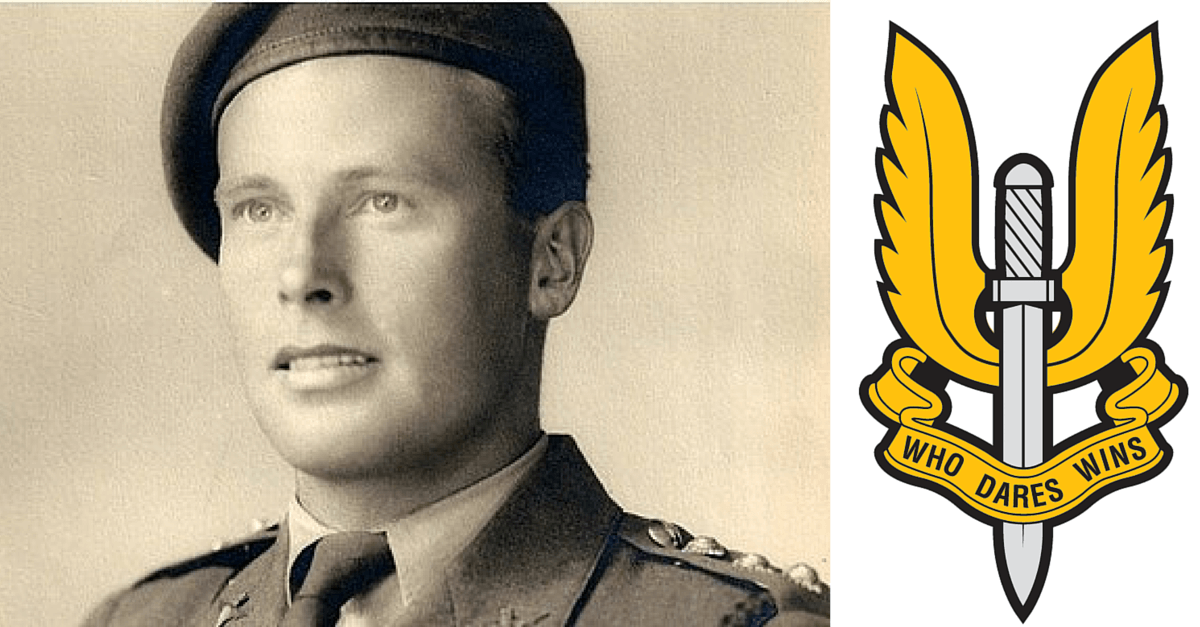A British paratrooper who was the first Allied soldier to step on French soil as part of the D-Day invasions has died at the age of 95.
Lieutenant Norman Poole was part of a six man team who were flown over Cherbourg in the early hours of the 6th June 1944. They were dropped inland behind enemy lines and all carried carrier pigeons with them in order to gather intelligence and send it back to Britain for military commanders.
Norman’s pigeon was the only one to return to army base in the UK and the message has been top secret ever since, and has now died with Norman.
The operation to drop paratroopers behind enemy lines ahead of the land invasion on the French coast was codenamed Titanic IV. The mission saw Norman and his team parachute out of the aircraft along with 200 fake parachutists that were being used as a decoy to confuse German troops. The decoys had even been fitted with recorders that emitted noises to make the Germans think they were being attacked.
At the end of the first day of the D-Day invasion more than 150,000 troops had made it behind and on to enemy lines make a small dent in the German occupation of France, with bases being established along the French coast.
Unfortunately Norman and his team didn’t manage to team up with other Allied troops. Instead they spent six weeks on the run from German soldiers, hiding out and running from their troops. Eventually all six were captured by the Germans and were taken prisoners of war.
All six survived and were liberated by Allied forces when they reached the prison camp.
Norman and his team were all rewarded with the Military Cross for the sacrifice they made in the D-Day invasion. Norman no doubt sent back vital intelligence information to Britain so that they could discover the best way to infiltrate the German troops, the Mail Online reports.
At the end of the war Norman trained to become a bank clerk and eventually worked his way up to become regional manager for NatWest in the south west of England. He finally retired to Somerset in 1980 with his wife. Elisabeth, his wife, died in 2011, and Norman died in June this year.
Norman leaves behind two daughters and their families. His daughters say that they tried to find out from their father what the message he sent back to Britain during the war was, but he never revealed its contents. Norman was a private person and even though he was asked to do many interviews with newspapers, radio and television he only ever agreed to one interview with a Canadian television station.
